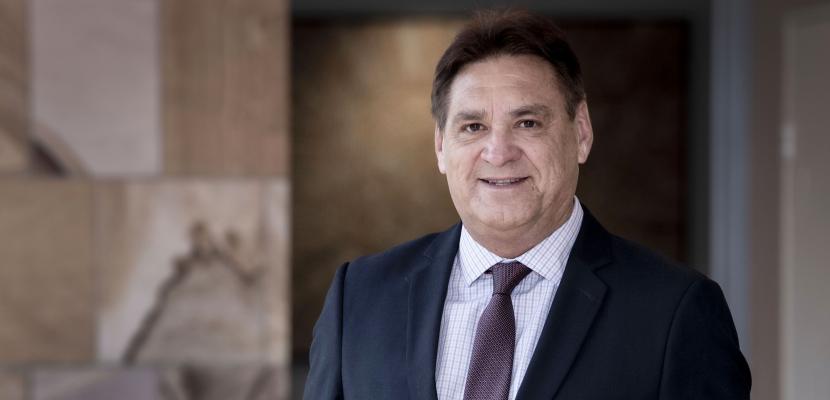
As individuals and businesses continue to struggle under the weight of COVID-19, Bond University’s psychology clinic is launching new services to help ease the burden on those most affected by the global pandemic.
Clinic manager Will Drotsky said the clinic would be providing a Tolerating Stress in a Pandemic group therapy session, alongside a telehealth therapy service.
Mr Drotsky said the confidential telehealth therapy service would be provided at a small cost of $15 per session, as the university and clinic’s contribution to community mental health and well-being during the pandemic. The initial session will be free of charge and clients do not need a referral to make use of the telehealth service.
“We will use a secure and confidential video link . . . we’ll provide the same service as we would provide if they were here in the clinic.”
The clinic, which has been running for more than 20 years, has built its reputation on cognitive and behavioural assessments for children, adolescents and adults, with services including autism spectrum disorder assessments, ADHD assessments, personality assessments, and career counselling.
It also provides psychological treatment and therapy to individuals, families, couples, children and adolescents, for issues including anxiety, low moods, stress, grief, depression, adjustment disorder and family and relationship problems.
Mr Drotsky said the COVID-19 pandemic had unsurprisingly led to a surge in the number of people seeking help.
“I think all Australians are going through a difficult time right now with COVID-19, people feel overwhelmed, people are stressed, anxiety and depression is on the increase, people are concerned, so there’s a big demand and a need for therapy.
“A lot of people have had employment changes, they face financial pressure, there’s family pressure, people are losing jobs and businesses are closing, so people are under a lot of pressure and we are well-placed to assist and help ease the pain for people.
“Although we are physically distant, it is now vitally important that we remain socially connected.”
The Bond psychology clinic is staffed by provisionally registered psychologists on internships completing their practical training.
Mr Drotsky said the coronavirus shutdown earlier in the year meant students fell behind on their internships. The new services would not only help students make up the required practical hours, but also help the community.
“Unfortunately, we had to close the clinic due to coronavirus at the end of April, which caused an interruption to our services. We reopened the clinic in July after statewide lockdowns were eased and have noticed a much higher demand for our services than prior to the lockdown.
“Our clinicians are well trained and supervised by highly experienced and qualified clinical psychologists. They are well-positioned and prepared to provide a very important service to the community in these challenging and unprecedented times.”
For further information on accessing the Bond University Psychology Clinic's services, please visit: https://bond.edu.au/about-bond/facilities-services/services/bond-university-psychology-clinic

